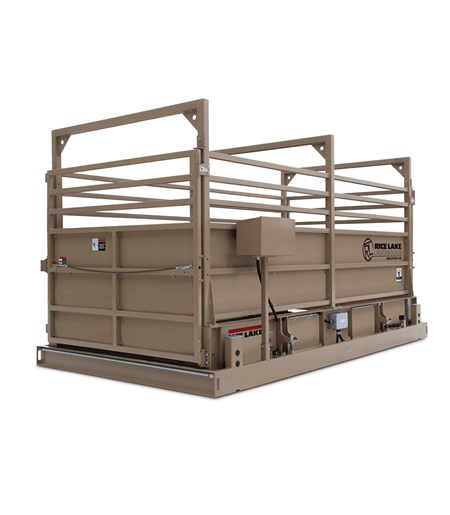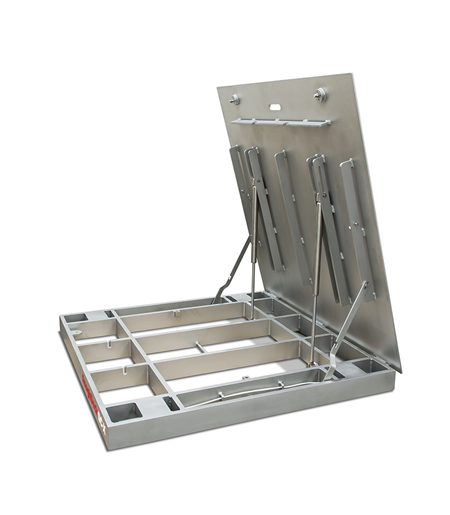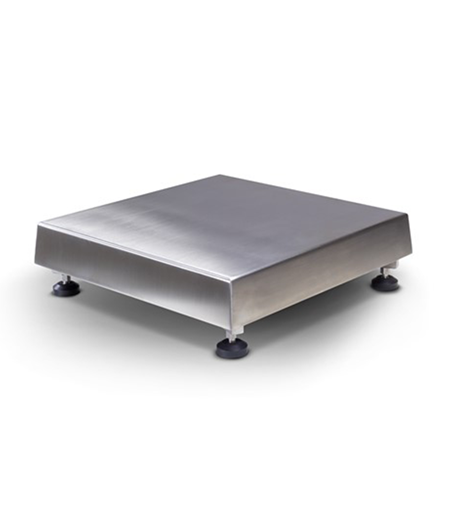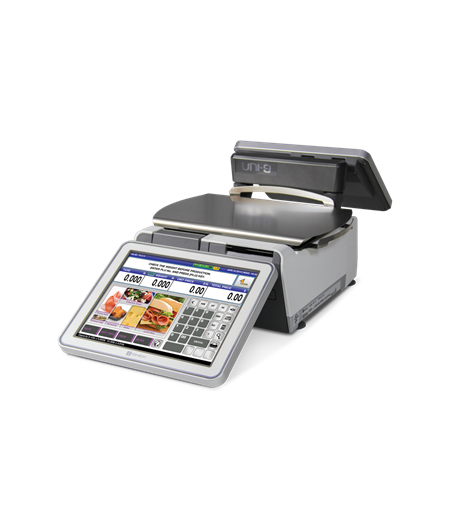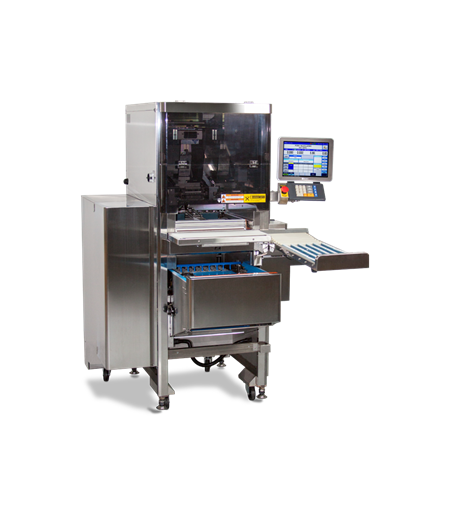Is the website displaying in the correct language? Please confirm or select a different language.
Your region has been set automatically. Please confirm or select a different region.
Weighing Meat from Farm to Table
From the farm to the dinner table, weighing is a critical part of every stage of livestock handling, meat production and finally, point-of-sale. Whether at the ranch, processing facility, shipping department or deli, meat should be weighed frequently to ensure quality and compliance with food regulations.
WEIGHING AT THE RANCH
Livestock weighing is a crucial practice for those in the farming and ranching business. Cattle or hogs that experience frequent weight gain are ideal for breeding, as they result in more meat and a higher return on investment. However, livestock that loses a significant amount of weight might have health issues.
Weighing livestock regularly can help farmers and ranchers decide if they should reduce or increase animal feed. An overweight animal may be a sign that it’s time to wean, whereas an underweight animal may require more feed. Using weight to regulate amounts of feed can help ranchers save money and produce healthier livestock.
Effective livestock weighing requires a highly accurate livestock scale to meet the unique needs of the agriculture industry. Farmers and ranchers should consider if they need a group or single animal weighing, mobility, Legal for Trade certification or other unique scale attributes.
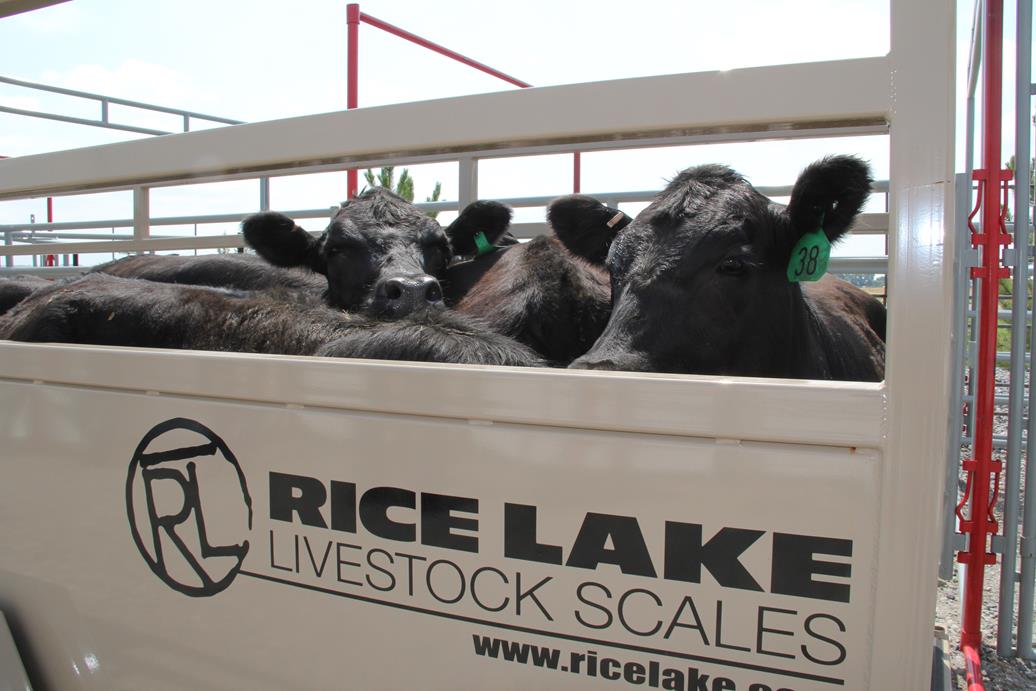
WEIGHING DURING RECEIVING AND PROCESSING
Receiving
As soon as livestock reaches the receiving area, it is weighed with a scale that is Legal for Trade with either NTEP or Measurement Canada certification. These certifications provide a standard of accuracy, letting processors know they have received what they paid for.
Throughout processing at a butcher and slaughterhouse, the meat is repeatedly weighed to verify product quality assurance.
Processing
Weighing raw food during processing is a key component of quality and classification compliance. Depending on the type of product and stage of processing, the material can be weighed with a floor scale, bench scale or a checkweigher.
- It is important to invest in a floor scale that complies with sanitary design standards and can sustain repeated washdowns to avoid bacterial build-up and cross-contamination when weighing different batches of raw food. While many industrial environments typically use mild steel floor scales, highly sanitary and washdown areas in processing plants require scales made of stainless steel.
- Bench scales can be used for classifying product weights and performing quality checks.
- Checkweighers are used to verify that material on the production line is not higher or lower than a predetermined weight. Checkweighers are used to physically reject products that exceed or do not meet the preset weight to ensure each container legally has enough product without giving away extra. Metal detecting features are optional and can be used to prevent metal pieces from contaminating the product.

WEIGHING DURING SHIPPING
Once finished meat product reaches the shipping area, it is ready to be sent to processors, restaurants or to consumers. It is important to keep in mind that raw meat should never be handled in areas where finished product is shipped out, as this can present sanitation and safety issues.
Before the meat can be shipped, weight must be captured. If the outgoing meat is being sold based on its weight, it must be weighed with a Legal for Trade scale. This could be done with a floor scale for large amounts of meat sold in bulk or with a smaller scale, such as a bench scale, for pre-packaged smaller containers of meat.
These outbound shipments must also be weighed to determine the carrier costs for shipments. Carriers base their costs on actual weight and dimensional weight, comparing the two and basing handling fees for a shipment on the larger of the two. Additionally, if the meat is being transported in a semi-tractor-trailer, that vehicle may need to be weighed on a truck scale to ensure compliance with regulations regarding vehicle weight on specific roads.
WEIGHING AND WRAPPING AT THE SERVICE COUNTER
Because meat is sold to consumers by weight, retailers such as delis or butcher shops need highly accurate equipment to ensure both buyer and seller are satisfied with the transaction. Legal for Trade retail scales eliminate pricing errors, support on-demand price changes and showcase attractive marketing displays in retail settings.
By using scales that incorporate PLUs or SKUs, retailers are able to compare product totals from the scales to their receiving invoices, ensuring what they receive at the backdoor is moving through their POS system and out the front door. PC-based retail scales perform price-computing and labeling tasks as well, aiding in compliance with ingredients, nutrition statements and other food sale regulations.
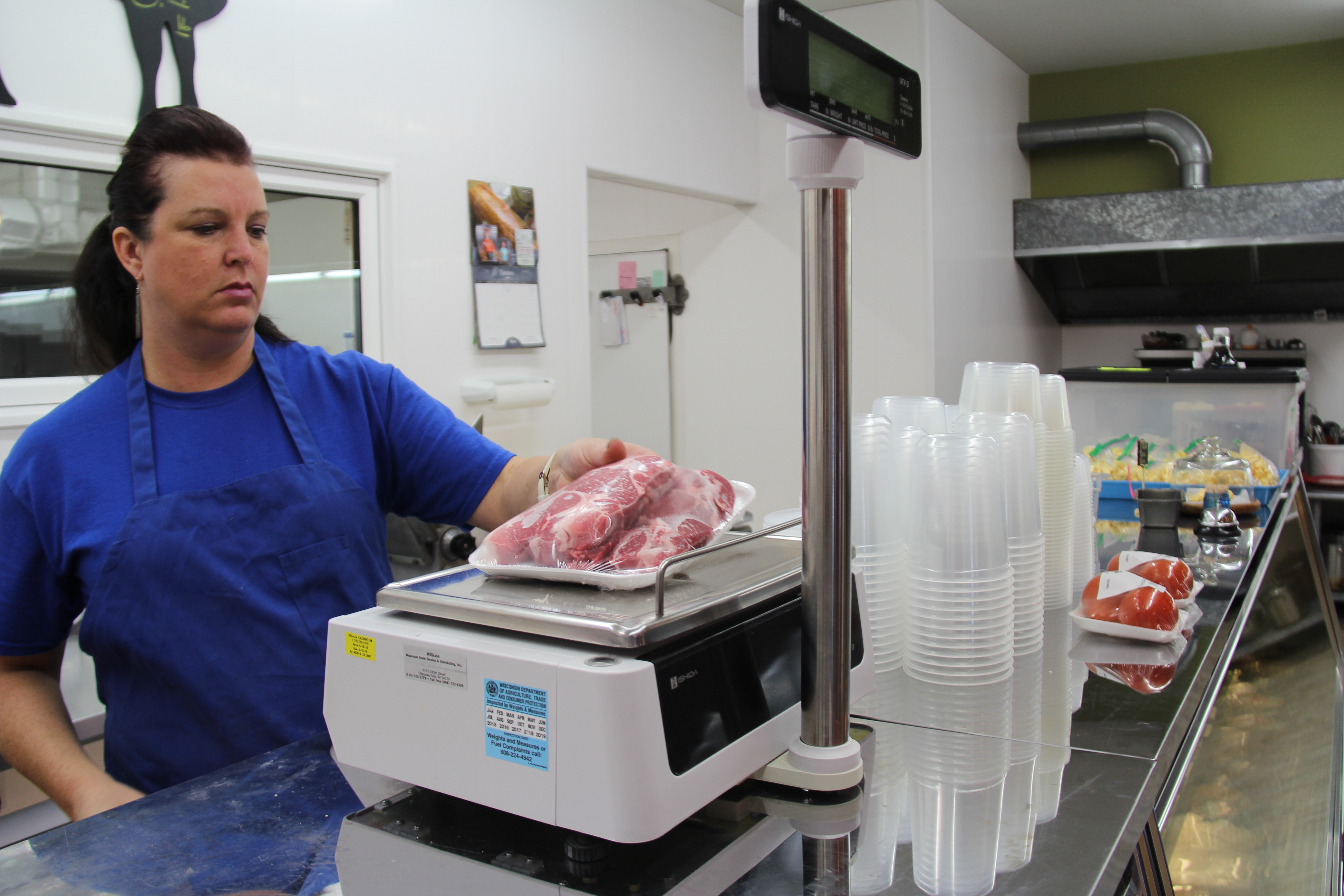
Wrapping Meat Product
A customer’s first impression of a product’s packaging and presentation is critical. Neatly packaged, clearly visible, labeled goods are a must, as they are the first to fly off the shelf. Film that is foggy, wrinkled or covering a damaged tray will cause customers to turn away. Products must also be properly labeled with FDA and USDA required nutritional and handling information.
Meat-handling departments benefit from retail wrappers designed to wrap everything from beef and poultry to kielbasa and chicken feet. Retailers can choose between automatic wrappers and manual hand-wrapping stations depending on their space and cost requirements. Automatic wrappers improve efficiency, while manual wrapping stations save time, space and money.

Ideal Characteristics for Meat Wrappers
Beyond mere wrapping capabilities, there are several important features that should be incorporated into a wrapper for optimal product look and feel.
- Elasticity: More flexibility eliminates unappealing wrinkles without putting tray quality at risk.
- Anti-fogging: Removing fog ensures customers can view the entire packaged product.
- Roll width: Improper roll width can create problems during film forwarding and the packaging process. Choosing a precise width diminishes the chance that any issue will occur during wrapping.
Successful weighing and wrapping of meat results in a high-quality product, in turn, generating customers and boosting profits for your business. Rice Lake Weighing Systems provides a complete array of solutions for meat weighing from farm to table with our expansive selection of livestock, floor, bench and retail scales. Receive accurate animal and meat weights in any setting with a scale from Rice Lake. Discover more weighing solutions from Rice Lake to increase efficiency in your livestock, food processing or deli operation today.
Subscribe to Rice Lake Magazine
Sign in or create a Rice Lake website account to request a Rice Lake Magazine filled with application stories like this one be sent to you.
Account Sign In Create an Account


 My Account
My Account
